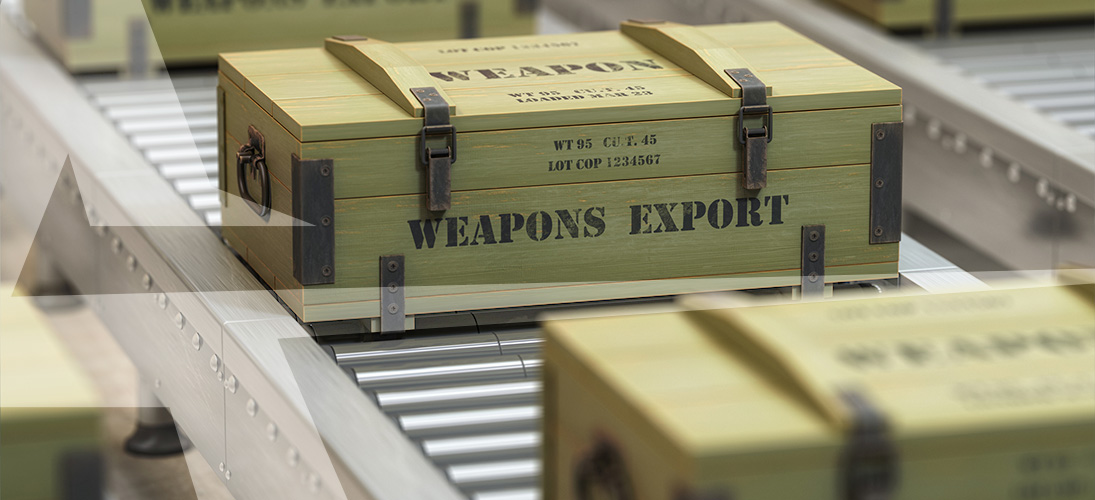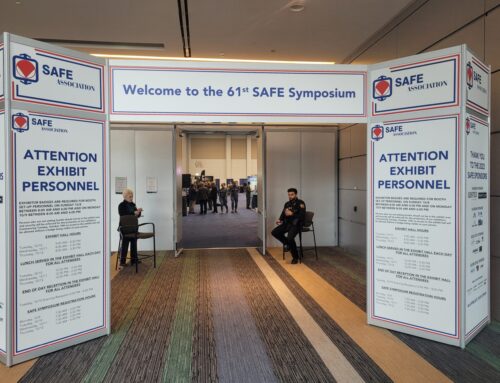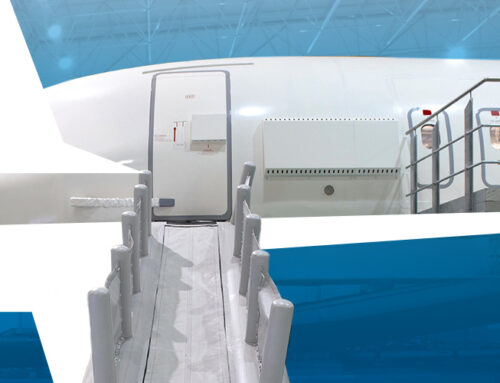The U.S. International Traffic in Arms Regulations (ITAR) is a set of standards that governs the production, trade and distribution of defense and space-related products and services as stipulated by the United States Munitions List (USML). The regulations are straightforward: Only U.S. citizens may access items on the USML list.
The purpose of ITAR is to monitor and prevent the distribution of military and defense-sensitive materials to potential enemies of the United States. Failure to comply with ITAR regulations can result in substantial fines, damage to a company’s brand and reputation, and the possibility of losing business to a compliant competitor.
All parties participating in the supply chains of these goods and services need to adhere to ITAR compliance rules, including contractors, distributors and manufacturers.
ITAR-Controlled Items
The types of defense articles that must comply with ITAR regulations are divided into 21 categories on the USML list. Some of the categories include:
- Explosives and energetic materials.
- Nuclear weapons and related articles.
- Personal protective equipment.
- Firearms, close assault weapons and combat shotguns.
- Aircraft and related articles.
Common ITAR Violations
Failing to comply with ITAR regulations is usually due to common non-compliant actions, including:
Not Registering
Producers of firearms, ammunition and components of these items must register with the Directorate of Defense Trade Controls (DDTC). You should register even if you don’t intend to export USML-listed products, as manufacturing any of the items on the USML list without registering is illegal.
Documentation Errors
You’ll want to fill out the following documents with care and precision, as a mistake or omission may lead to a violation:
- Destination declarations
- DDTC license applications
- Shipping documents
- Non-transfer and use certificates
- Delivery verifications
- Applications for registration
- Purchase orders
- Bills-of-lading
- Electronic export information filings
- Foreign import certificates
Disclosing Technical Data
When designing and manufacturing items on the USML list — or components of these items — it’s highly probable that you hold technical data subject to ITAR regulations. The ITAR-related meaning of technical data is very broad, as it is loosely defined and can include information used during quality assurance, repairs, testing, manufacturing and designing. You’re not allowed to share this data with foreigners, even if they reside in the United States.
To export technical data or discuss data with a foreign company requires licensure.
Work With AETC
AETC designs and retails an array of exploding bridgewire (EBW) detonators used for aviation and nuclear weapons. With more than 45 years in the business, we offer custom explosive and pyrotechnic solutions. Learn more about our high-quality detonators or contact us online for more information.






